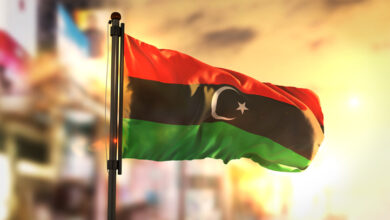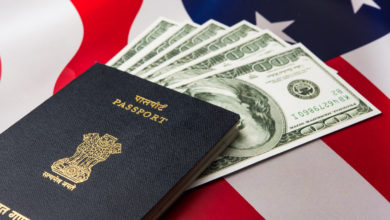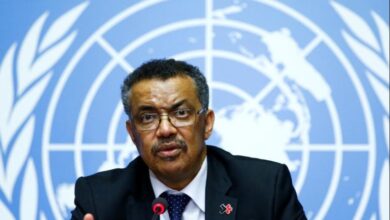
The Africa Centres for Disease Control and Prevention (Africa CDC) on Thursday said it has decided not to secure AstraZeneca COVID-19 vaccines for its member countries from India’s Serum Institute, the world’s biggest vaccine supplier, amid global shortfalls of the vaccine, reported Reuters.
The $3 AstraZeneca shot is the cheapest coronavirus vaccine launched so far. Furthermore, the vaccine is also the easiest to store and transport, making it well suited to developing countries.
The African Union’s disease control body had wanted to secure up to 500 million additional AstraZeneca vaccine shots for its 55 member states, at $3 per shot. But, last month India suspended its exports to meet rising domestic demand.
On Wednesday, European and British medicine regulators said they had found possible links between the vaccine and rare cases of brain blood clots. But the experts also reaffirmed the vaccine’s importance in mass vaccination against COVID-19.
John Nkengasong, the Africa CDC’s head, said the AU’s decision to drop plans to procure Astrazeneca vaccine had nothing to do with the European and British regulator’s findings and reiterated his advice that the benefits of the vaccine outweighed the risks.
He said the main reason was to avoid duplicating the efforts of the World Health Organization-backed COVAX facility, which will continue to supply AstraZeneca to Africa.
The global vaccine-sharing facility Covax aims to deliver 600 million shots – mostly AstraZeneca vaccine shots – to some 40 African countries this year, enough to vaccinate 20% of their populations.
He said the AU is not trying to procure the Johnson & Johnson vaccine, citing a deal announced last week to supply Africa with up to 400 million doses.
According to the Africa CDC, the number of confirmed COVID-19 cases in Africa has reached 4,301,375 as of Thursday. It said the death toll from the pandemic stood at 114,598 while 3,868,129 patients across the continent have recovered from the disease.






